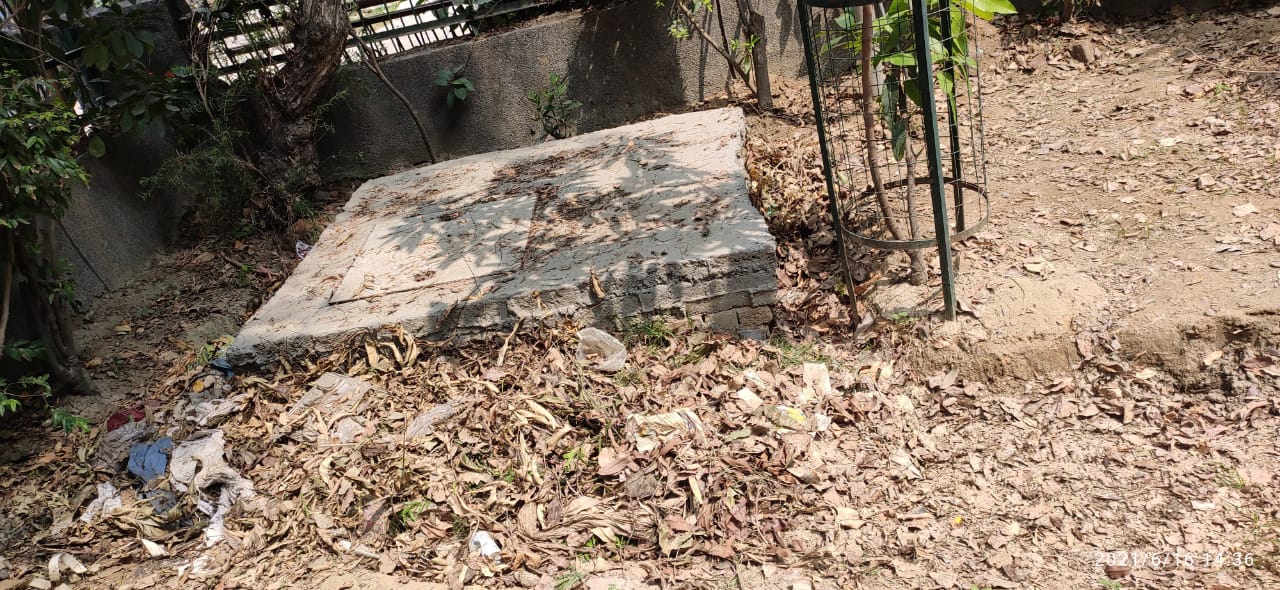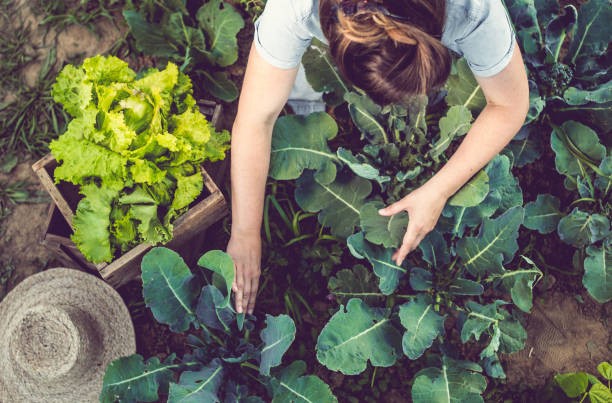Saving water one drop at a time

- Jan 13 2022
- by GCI Desk
It is predicted that by 2025, 2/3rd of the world’s population will run out of drinking water. Almost 95% of water that enters our home goes down the drain and 1/4th of the drinkable water is used to flush toilets in our houses. The amount of water wasted daily by residents of cooperative housing societies is beyond measurable, and that is why we are here to help.
Why save water?
Water will soon become a scarce resource where countries will fight on who gets access to it. More than 1 Billion people worldwide lack access to water, with almost 3 Billion having not enough of it at least 1 month a year. Families in India live on less than 3 gallons of water per day, that is the same as one flush of the toilet in a housing society.
The seriousness of this problem cannot be defined enough and it is the responsibility of every RWA to contribute to saving water and live sustainabily. Every initiative counts, something even as small as reducing our shower time by only 4 minutes can save up to 30 gallons of water. Imagine the difference if every resident of a housing society puts in efforts to save water. We at Green Clean India want to help you achieve this.
How to save water?
1. Hire society plumbers
A single leaking toilet can waste over 10,000 gallonsof water each year, while leaky faucets wasting 2,700 gallons in the same amount of time. When a household notices a leak, they call their own plumber who takes forever to reach since they could be working in any corner of the city. Hiring a society plumber will ensure that the time taken between identifying the leak and fixing it is reduced, thus largely reducing the water wasted.
2. Rainwater harvesting
Whether this be on the roof of a building or in an underground basement of a RWA, water collected from rains can be stored and used for non-drinkable purposes. After basic filtration, rainwater can be passed to tanks and used for chores such as dishwashing, flushing, gardening and more. This will largely reduce the water bill for households as well.
3. Flow meters for individual flats
Make each household in the RWA accountable for how much water they consume. If they are aware of exactly how much water they are consuming, they can try to reduce it. Paying for each liter consumed will help them save water even in the smallest quantities. This can act as a report card for them, so they know how much water they are consuming and also how much they can save to help with sustainable living.
4. Sewage Treatment Plant
This is where housing societies can reuse the water used in homes. When water is used for purposes like washing dishes or clothes, it is called greywater. This greywater can then be treated and reused for other purposes, such as watering the plants or even in flushing, specifically in places where there is no human contact involved.
5. Dual piping system
In this method, installation of 2 independent and separate piping lines is done. One pipe supplies the drinkable water, while the other supplies the reusable/reclaimed water which can be used for car wash, toilet flushing and more. The non-drinkable water must be treated first, just like in the tip given above.
6. Water conservation campaign
Educate the residents and staff in your housing society of the little things they can do to save water in everyday life and live in a sustainable manner. Whether this be taking quicker showers or turning the tap off when they brush, every single action taken will make a difference. Through promotion materials like banners, notices and more, make them realize how big an affect they can create by small changes to their lifestyle. Also encourage them to shift towards water efficient appliances at home.
Conclusion
One of the most important resources that we need to survive is slowly running out. It is the responsibility of every RWA to tackle this issue and become a role model for their residents and others as well. With India constantly looking for sustainable solutions, housing societies can take such initiatives and be recognized for their efforts. Green Clean India is here to facilitate you in this process and help you reach out to sustainable living solutions.
About the author: Sahil is currently a marketing associate at Blockchain Founders Fund, a VC for early-stage emerging tech startups. Other than sustainable solutions, Sahil also writes on artificial intelligence, blockchain technology, and cryptocurrency.

LEAVE COMMENT HERE
COMMENTS (0)
No comment yetLATEST ARTICLES
-

-
 Saving water one drop at a time
Saving water one drop at a time- Jan 13 2022
-
 Lifestyle changes for sustainable living
Lifestyle changes for sustainable living- Jan 13 2022
MOST POPULAR ARTICLES
-
 A primer for RWA office bearer
A primer for RWA office bearer- Jan 13 2022
-
 Why is a RWA registration important?
Why is a RWA registration important?- Jan 13 2022
-
 MAKING YOUR SOCIETY AGE-FRIENDLY
MAKING YOUR SOCIETY AGE-FRIENDLY- Jan 13 2022